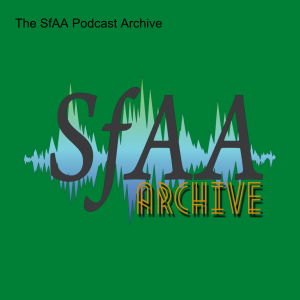

The Political Construction of Global Infectious Disease (SMA Plenary)
CHAIRS: FINERMAN, Ruth and SARGENT, Carolyn
ABSTRACT: Governments are charged with providing resources and support to protect public health and wellbeing. While various administrations have long been accused of
neglecting this responsibility, many also increasingly manipulate health crises for political expedience. Authorities may maneuver to draw public attention to a potential threat in
order to galvanize support for, and muzzle criticism of, unpopular policies. Alternately, they may seek to deflect attention from inadequate health responses or medical findings
that pose political risks. Using infectious diseases as a foundation, panelists will explore the roles of culture, globalization and political maneuvering as these influence health
policy, funding priorities, responsiveness, and public awareness in the face of global epidemics.
Session Participants:
MANDERSON, Lenore (Monash U)
RENNE, Elisha P. (U Michigan)
FELDMAN, Douglas A. (SUNY-Brockport)
SMITH-NONINI, Sandy (UNC-Chapel Hill)
BRIGGS, Charles L. (UC-Berkeley)
NICHTER, Mark (U Arizona)
Session took place in Memphis, TN at the 68th Annual Meeting of the Society for Applied Anthropology in March 2008.
More Episodes
All Episodes>>Creat Yourt Podcast In Minutes
- Full-featured podcast site
- Unlimited storage and bandwidth
- Comprehensive podcast stats
- Distribute to Apple Podcasts, Spotify, and more
- Make money with your podcast












